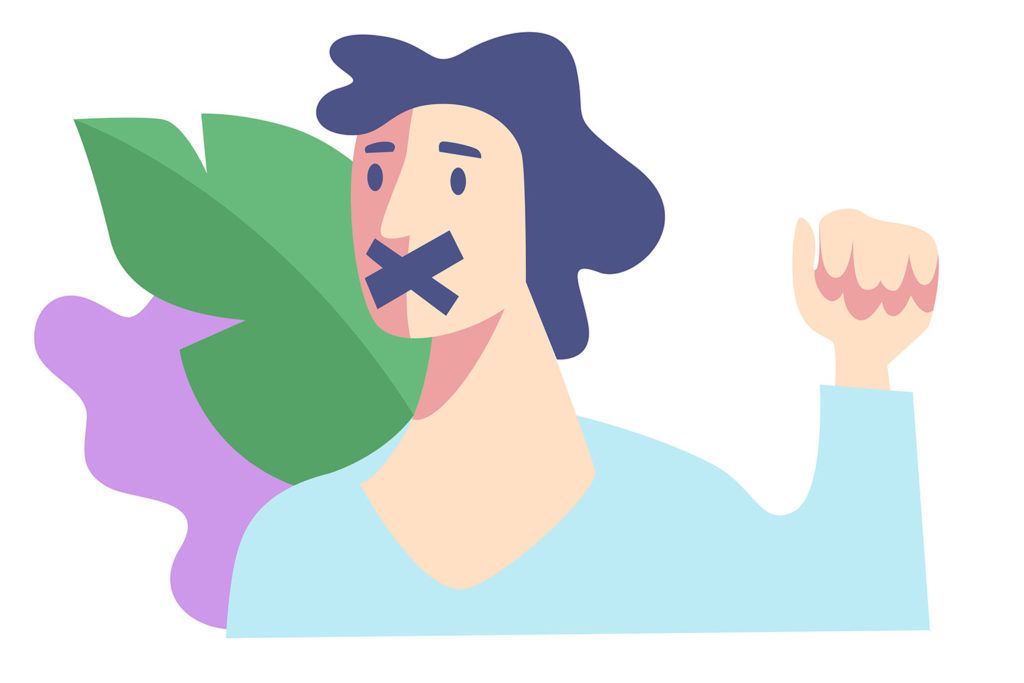Know Your Rights with Melvin L. Hill Attorney at Law in Radford, VA
Do you know what to do if the police stop you? This is an unfortunate and stressful scenario many people face in a variety of circumstances. It might be anything from a routine traffic stop, to a suspicion of shoplifting, to disturbing the peace. Melvin L. Hill Attorney at Law is a defense lawyer serving the Radford, VA, region. Our practice serves those accused of crimes like traffic violations and more. Take a few minutes to review your rights on what to do if the police stop you.
If the police have reasonable cause, they can detain individuals. If the police have a warrant, they can search and possibly arrest you. The law offers protections in upholding your rights. It is important to know what to do if the police stop you.
Step One: Reduce Risk to Yourself
One main thing to know is how to reduce risk to yourself. Keep your hands where police can see them. Begin by staying calm and polite, not running, resisting, or obstructing the officers. Remember that prosecutors can and will use anything you say against you in court. So tell the officer that you wish to remain silent. Do not lie or give any false documents.
Do I Have to Answer Questions by Police?
The Fifth Amendment upholds your constitutional right to remain silent. You do not have to talk with anyone. Virginia does not have a stop and identify law. The ACLU reminds us that refusing to answer a question not a punishable offense. It is best to speak with a lawyer before agreeing to answer any questions. Only a judge can compel you to answer questions.
Next, let’s take a look at a few scenarios so you know what to do.
What to Do If the Police Stop You in Public
If the police stop you in a public place, exercise your right to remain silent by saying so out loud. Know your rights when stopped by police. You do not have to answer any questions such as:
- Describing what you are doing
- Naming the place you came from or were born
- Telling where you live
- Where you are going
- Whether you are a U.S. citizen
You do not have to agree to a search of yourself or your belongings. Police may pat you down if they suspect a weapon. You may make an objection to such a search early, either before or during the search. This helps to preserve your rights later. If police arrest you, then you have the right to have a lawyer appointed if you cannot afford one.
What to Do If the Police Stop You in Your Vehicle
For instances involving a vehicle or traffic stop, be sure to put the window down and keep your hands visible. The driver and any passengers have the same right to remain silent. Passengers may ask politely if they are free to leave. If yes, then leave silently.
If you are the driver, you may show police your driver’s license, registration, and proof of insurance upon request. You may refuse consent to a vehicle search, but police may have probable cause. You can sign a ticket if they give you one. Police may arrest you for refusing to sign. You may choose to fight the ticket in court later.
Those suspected of drunk driving or DWI may result in a field sobriety test. Police cannot force you to take such a test. As with statements, prosecutors may use these tests as evidence against you at trial.
What If the Police Arrest or Detain You
If police arrest or detain you, say you wish to remain silent and ask for a lawyer immediately. You may give them your name and address. Do not have to say anything more, give any explanations, or excuses. Also, do not say or sign anything without a lawyer present. If you cannot afford an attorney, you have the right to a free one. You can ask the police how to contact the lawyer.
If the police arrest you, use your right to make a local phone call to a lawyer. They cannot listen if you call an attorney. They can and often will listen to calls made to anyone else.
What to Do If the Police Stop You in Your Home
You may already know that you do not have to admit police to your home unless they have a warrant signed by a judge. Speak with the officers through the door and ask them for identification or a warrant.
A search warrant would have your property address on it as the subject.
An arrest warrant would have the name of the person facing arrest.
In emergency situations, they may enter and search the home without a warrant. You still retain your right to remain silent. You do not have to answer questions or speak to them during their search.
Protect Your Rights If the Police Stop You
You may have many encounters with law enforcement in your lifetime; not all of them have to be confrontational. The American Civil Liberties Union of Virginia reinforces our rights and expectations for courteous and respectful treatment by police.
If police violate your rights, the ACLU recommends not trying to deal with the situation at the scene. You may speak with a lawyer afterwards or file a complaint with internal affairs or Civilian Complaint Board.
Download a handy information page from the ACLU of Virginia for more information.
Contact Melvin L. Hill Attorney at Law in Radford, Virginia, today at (540) 342-1851 for consultation on criminal offenses. Visit our blog on current legal issues affecting your rights and freedom, like what to do if the police stop you.

